The U.S. Supreme Court’s latest decisions have seemingly harmed current law school students around the country, as law professors are struggling to quickly adapt to the massive rulings that the court has passed this summer.
As a result, many students face an uphill battle when it comes to taking — and passing — the bar, as professors have stated their students must learn new laws and unlearn past precedents.
Major Supreme Court Decisions
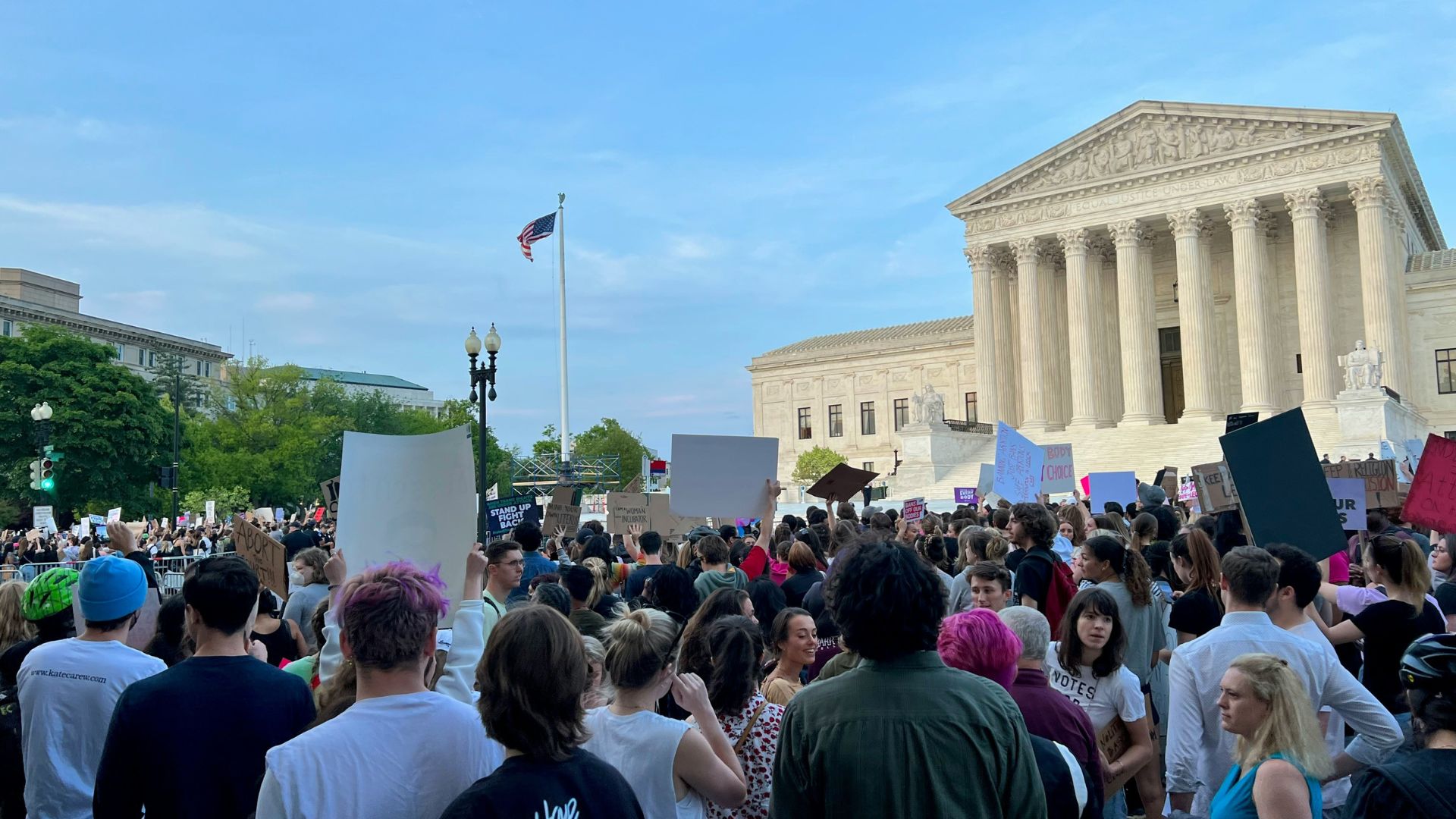
For the last few years, legal analysts have explained that the new conservative majority Supreme Court has made major decisions that have impacted the entire legal system.
This new trend began when the court struck down Roe v. Wade, which allowed individual states to decide whether they would legalize abortion.
Overturning Chevron
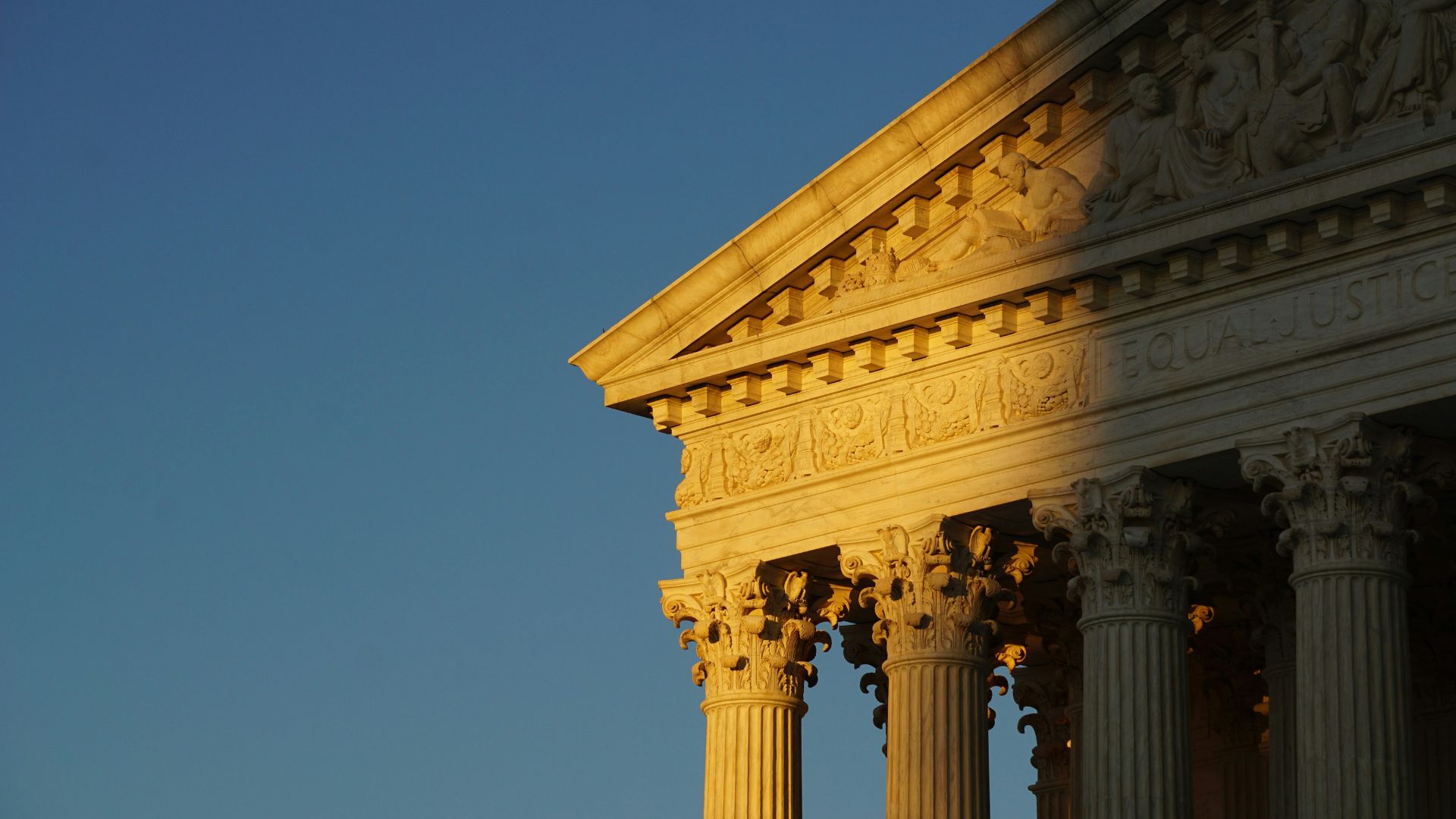
Recently, these groundbreaking rulings have continued in just the past few weeks. Most notably, the Supreme Court has overturned the 40-year-old Chevron deference.
For decades, law professors taught the Chevron case according to precedent and explained why it was legal. Now, they must decide how to reteach their students about this case.
The Supreme Court on Presidential Immunity
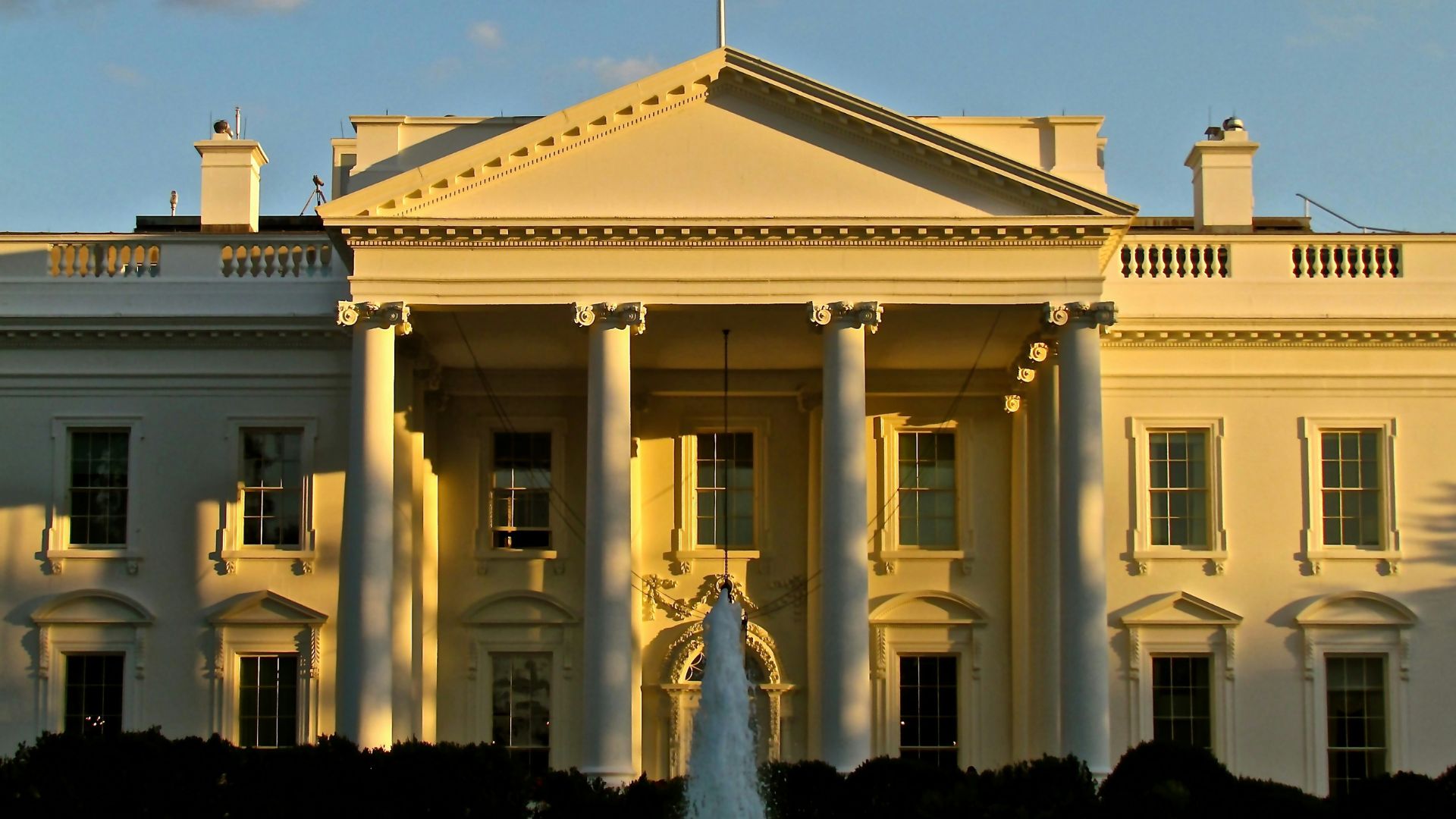
The Supreme Court has also made an unprecedented move by declaring that a U.S. president has partial immunity from prosecution.
According to the court, a president is fully immune from prosecution for any and all official acts. However, a president can be charged by a prosecution for any private, or unofficial, acts.
Law Professors Hurry to Change Curriculum
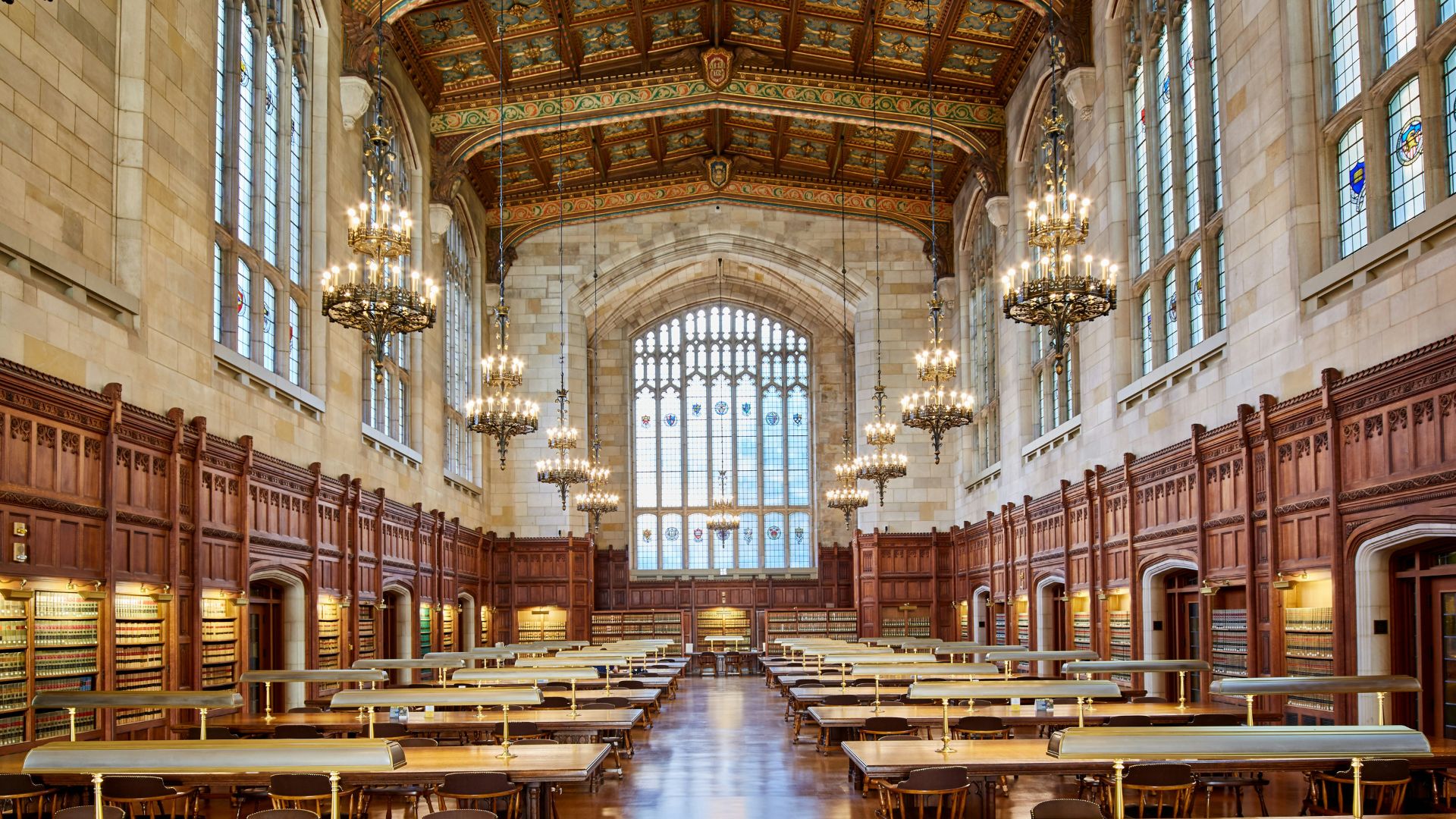
All of these massive Supreme Court rulings have completely upended many lessons that law professors teach their students around the country.
Many teachers have come out to explain that what they taught just a few months ago now must be completely changed — and this is harming their students’ overall school experience. Many worry it could even hurt their students’ chances of passing the bar amid this ever-changing legal landscape.
A Rapidly Changing Legal World

David Super, a Georgetown Law professor, recently opened up about how we’re now in a rapidly changing legal world, similar to other parts of U.S. history.
Super explained, “Administrative law goes through some periods where change is glacial, if at all, and other periods when it’s extremely rapid. The period around the New Deal is a very rapid change, the Nixon administration and immediately afterwards was a period of rapid change and this is now a period of very rapid change.”
Different Teachings

Super further detailed how the teachings of just a few years ago differ completely from the teachings he’s doing today.
“So if you were to compare a syllabus from three years ago, four years ago, with one from next year, I think you’d see not just different cases, but different topics being discussed,” Super said.
Difficulty in Knowing How to Teach Controversial Topics

Other law professors have expressed how difficult it may be to teach certain controversial rulings, most notably the Supreme Court’s decision on presidential immunity.
Claire Finkelstein, a University of Pennsylvania professor of law and philosophy said, “It’s really out of keeping with many, many of the prior cases. It’s also out of keeping with the line of cases regarding presidential immunity in which the court has been really clear that presidents are not above the law, but this decision says, in important ways, that they are.”
Reframing the Topic

Finkelstein also explained how reframing the topic may be difficult, especially because professors now have to completely change how they previously taught these topics.
She stated, “And so, it’s going to be hard to know how to teach this, to know how to teach this to students, because it really requires us to rethink and reframe what we’ve been teaching them all along.”
A Shifting Landscape
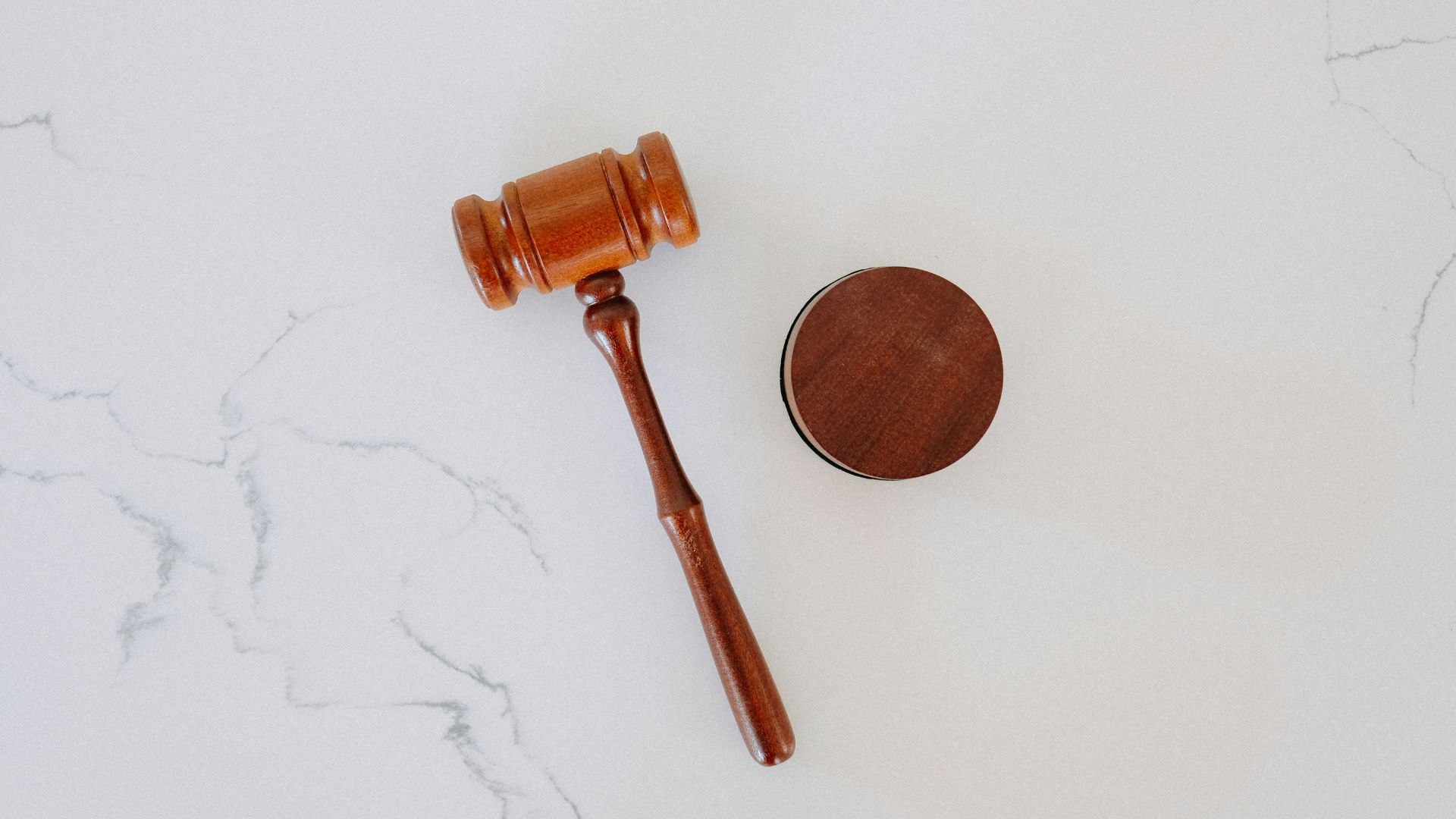
Professors have detailed how attorneys throughout the U.S. always have to deal with laws being shifted or outright changed because of rulings.
While this can be easy to grasp and understand as a practicing attorney, however, these teachers state that it’s less easy for students who are prepping to take the bar exam.
Unlearning Old Material for the Bar Exam

Sam Erman, a University of Michigan Law School professor, explained the predicament law schools are in now. Erman said, “For law schools that really have to worry whether their students are going to pass the bar, having constitutional law be a moving target can create challenges, because you might teach it to them in year one, and then essentially in year four or the end of year three, they’re taking the bar exam.”
“And if a lot has changed since they learned constitutional law, then they both have to learn new material to pass the bar, and they have to unlearn old material,” Erman added.
One Positive?

Many law professors are working to be clearheaded about how they’ll teach their students come fall. They’ve also come up with at least one positive for their specific situation: they have a little bit of time.
Luckily, these Supreme Court rulings have happened in the summer. Now, this gives professors the summer season to discuss how they’ll teach in the fall with their colleagues and peers.
